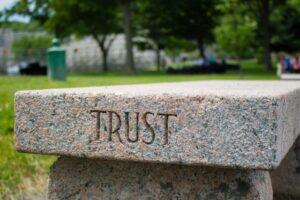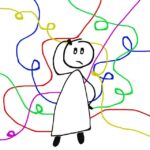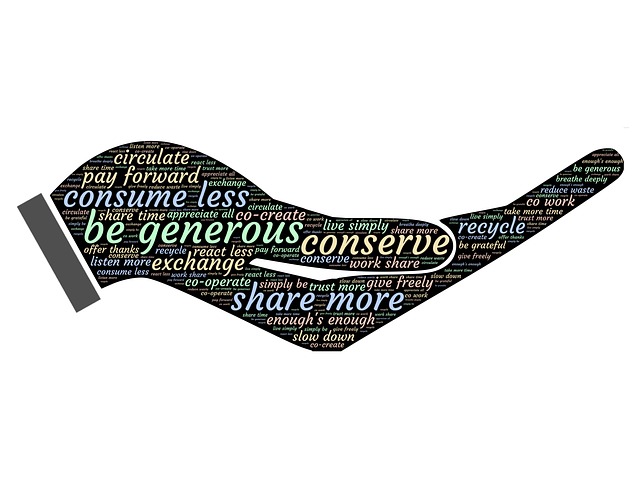When you think about “trust,” what does it mean to you?
Trust is defined as the belief in the reliability, truth or ability of something or someone.
Trust was a topic that came up frequently in sessions, so I’ve dedicated this Therapy Thursday to a few of the touchpoints that we covered, as well as what I can remember of my interpretation/understanding of the sessions’ focus.
Trust is not important until you lose it.
Once you lose it, it’s everything.
I think this discussion stemmed from my tendency to give people the benefit of the doubt, based on nothing other than my assumption that the person must share character and values that are similar to my own.
Once that trust is abused, it’s hard to allow myself to trust the abuser again.

I don’t think I am unique in this trait, but it is something that Ken had me spend some time considering.
The desire to believe someone and their intentions are well-meaning is admirable, and that belief is what allows society to function with the level of civility that is commonly experienced.
Our lives – in fact, our world, is a better place when we assume the best of intentions, rather than the worst.

That is, until our assumptions are proved wrong.
Yet, are we wrong for assuming the best, rather than the worst?
My grandmother often said, “Fool me once, shame on you. Fool me twice, shame on me.”
Trust is based on honesty.
We don’t need to be told this- this is something we intuitively understand.
And let’s be honest- It’s not healthy to assume that everyone around you is more likely to be lying than telling the truth. It can be a painful lesson if we’re wrong, but less painful that living your entire life in mistrust.

Trust is the cornerstone for all important relationships, and that makes it complicated, for a lot of reasons… After all, there are different kinds of trust.
Consider these: Love trust (I can trust you with my heart because I believe you would not intentionally hurt me), money trust (I can leave my money or other valuables in your care; if I loan you money, I know you will repay it as agreed; I can trust that you, as a partner, are making sound financial decisions that will benefit, not hurt us, etc.), and time trust, just to name a few.
Trust can often be correlated to the five ways of showing love, also known as the love languages:
- Words of affirmation through the lens of trust means we believe someone will be honest with us, which includes not withholding information.
- Touch & trust may be represented by the belief that someone will respect our physical boundaries
- Quality time means that we expect to be able to trust that our counterpart will be actively engaged with us as the priority and not be distracted by other things
- gifts & trust might mean that we can count on someones financial responsibility – it would be difficult to find joy in a gift if you knew it came with avoidable consequences.
- Acts of service is relevant to trust because it reflects the confidence that someone is sincere in their efforts to collaborate together in order to accomplish a goal or task
Educated trust will protect you from naïve trust.

I *think* I am a trusting person, but I have also learned, from experience, to verify and follow the evidence.
This duality is really important to embrace because the contrasting viewpoint is destructive.
It is toxic to constantly live in doubt.
Doubt works against you when you are always suspicious, bitter and untrusting.
Consequently, you lose opportunities for positive growth and change.

People with trust issues need to learn to focus on generous attributes.
It is not about naiveté and living with rose-colored glasses on; it is about focusing on the positive, not the negative.
After all, it is easy to find fault (just look in the mirror).
However, if we approach people and relationships with educated trust and the belief that “like attracts like”, (and we ourselves are honest and trustworthy), then we will find relationships, and the world, a much more hospitable and welcome place.













